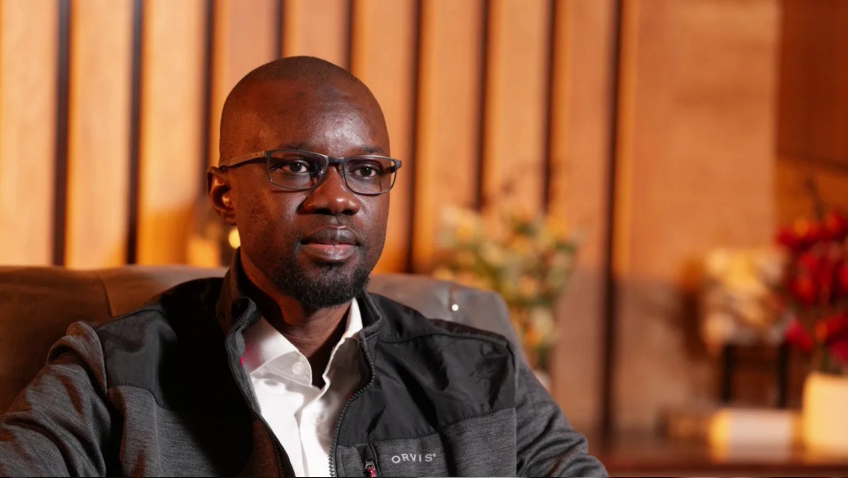Senegal’s Constitutional Council on Friday rejected jailed opposition leader Ousmane Sonko’s candidacy for next month’s presidential vote, his lawyer said, after a long-running judicial saga around the firebrand politician.
The 49-year-old, who came third in the 2019 presidential election, has been at the centre of a bitter stand-off with the state that has lasted more than two years and sparked often deadly unrest.
Sonko’s lawyer, Cire Cledor Ly, said the candidacy had been rejected on the grounds that the application was incomplete.
“When we entered, (Council) President Badio Camara immediately notified us that (Sonko’s) file was incomplete,” he said.
- Portable, Akindele, Wizkid, others ended 2023 in grand style
- A Tribe Called Judah hits 1 billion naira
More than 90 candidates have put their names forward to the Constitutional Council, which is due to announce the list of presidential contenders on January 20.
President Macky Sall in July announced that he would not seek a third term in the February 25 poll, handpicking his prime minister, Amadou Ba, as his coalition’s presidential candidate.
Sonko filed his candidacy with the Constitutional Council in December despite the state’s refusal to provide him the necessary documents to run.
They argued that Sonko had been removed from the electoral register after being sentenced in June to two years’ imprisonment for morally corrupting a young person.
Sonko’s lawyers had said they would file his candidacy anyway.
The opposition figure has generated a passionate following among Senegal’s disaffected youth, striking a chord with his pan-Africanist rhetoric and tough stance on former colonial power France.
‘Electoral farce’
On Friday, Sonko’s lawyer said the Constitutional Council president told him that “the files, the accompanying letters and the attached documents were received and checked by the commission, which concluded that one document was missing and that the candidacy file was incomplete”.
Ly denounced the Council’s decision as an “electoral farce” and suggested he would lodge “the appeals provided for by law” when he has information on the missing document.
“The commission’s composition was irregular because the law stipulates that this verification must be carried out in the presence of the candidate or the proxy,” he said.
“There is a desire to move towards elections which from the outset lack transparency and which in any case will not reflect the will of the nation”.
Ly told AFP that the Constitutional Council had not informed Sonko’s legal team what document was missing.

 Join Daily Trust WhatsApp Community For Quick Access To News and Happenings Around You.
Join Daily Trust WhatsApp Community For Quick Access To News and Happenings Around You.
